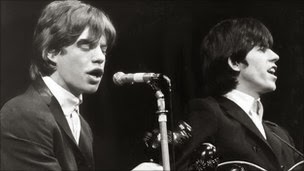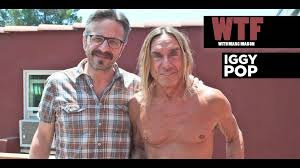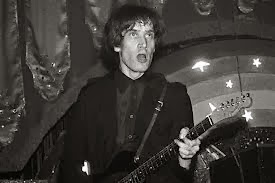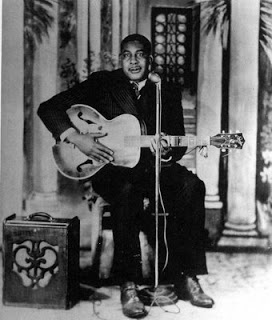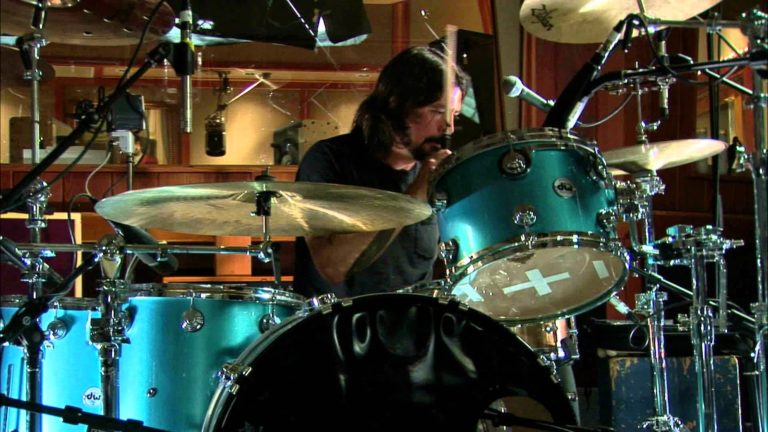White imitates black, black imitates white; and today’s blues is initiated.
“Good Blues blog. I really enjoy the trivia and often obscure facts associated with this musical genre. Nice job.” Al @Resoguitar, September 25, 2013.
kick-started today’s blues into life in 1822. (See 28 June archive.)
Matthews did was imitate a black Shakespearean actor who suffered
the indignity of having his multi-racial New York audience scream out for a pop
song in 1822 while the actor was giving a soliloquy from Hamlet. Pictured below (left) is a poster advertising that actor, James Hewlett, in Richard 111, a year earlier. While some reports say that Hewlett was an African American, others claim he was a mixed-race West Indian.
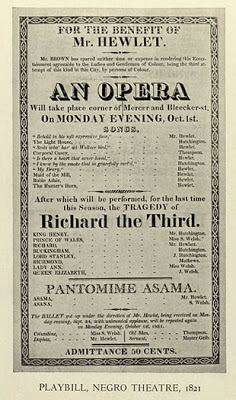 James Hewlett was the principal actor of New York’s African
James Hewlett was the principal actor of New York’s African
Theatre and the popular dance tune he was forced to sing was ‘Possum Up A Gum
Stump’, thought to have originated on America’s southern slave plantations. The
lyrics referred to opossums and racoons, which slaves often hunted to
supplement the meagre food rationed out by their owners. The tune, played on
the slaves’ favourite instrument, the fiddle, was probably taken from a sailor’s
hornpipe. Here are the first and fourth verses:
James Hewlett performed in the required plantation vernacular, the audience
went so wild that
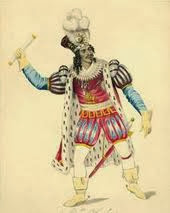 |
| The black Shakespearean actor, James Hewlett. |
Charles Matthews promptly decided to include the black actor’s impromptu
song and dance routine in his own one-man stage act. This act Matthews took around North America
for nine months, to enormous acclaim from the local audiences.
music started its 90-year evolutionary journey; a journey that culminated in blues being
captured on paper and named, for the first time, in 1912. (More about that in a later post, if you don’t know the story already.)
1822 and 1823, the Baltimore Patriot newspaper gushed, “If the experiment had not been
fully tried, it would be considered incredible that any one man, by the variety
of his tones, the flexibility of his countenance, and the rich humour of his
style and manner, could satisfy raised expectations and keep his hearers either
in a roar of applause, or in a state of tranquil pleasure.”
Hodges, in his prize-winning 1964 book, ‘Yankee Theatre’, said Charles Matthews
was, “The progenitor of all native American dialect comedy”.
one man show back to Britain in 1923, he spawned a host of American imitators who
carried on with similar impersonations of slave song and dance. Back in London, Matthews’ publishers advertised the song as a “South Carolina Negro Air as sung by Mr. Matthews”, and the “only correct copy of this original Negro melody.”
stroke of irony that one of the first of Matthews’ American imitators was the same black Shakespearian actor,
James Hewlett, who so inspired Charles Matthews in the first place.
mainly to white audiences, said Professor Shane White, in his 2007 book, ‘Stories
of Freedom in Black New York’
early shows of 1923 and 1824, Hewlett had been virtually a Matthews clone,”
writes Prof. White. According to theatre playbills, Hewlett’s
performances were completely dominated by material that originated with
Matthews. The African American even followed Matthews to London in 1824, “to give
entertainments after the fashion of Matthews”.
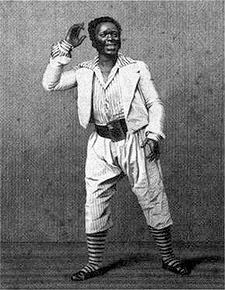 |
| Ira Aldridge |
another great African-American actor of the 1820s, Ira Aldridge, who also had success on the
British stage, James Hewlett is said to have been responsible to opening the
door to white American actors onto the stages of their own country. Unbelievably,
American theatres only employed British actors before the 1820s and the success
of the two black actors in Britain during the 1820s helped change all that.
his career, however, Hewlett becoming famous for his
impersonations of white Shakespearean actors and, for a while, drew crowds of up
to 600 people. But in the 1830s, Hewlett’s act went out of vogue. He was last
heard of performing Othello in Trinidad in 1839.
Aldridge remained in Britain for the rest of his life.
How Blues Evolved in the UK is on the following link:
http://www.amazon.co.uk/s/ref=nb_sb_noss?url=search-alias%3Ddigital- text&field-keywords=how+blues+evolved+volume+one
In the USA, please follow this link:
http://www.amazon.com/s/ref=nb_sb_noss?url=search-alias%3Dstripbooks&field-keywords=how+blues+evolved
